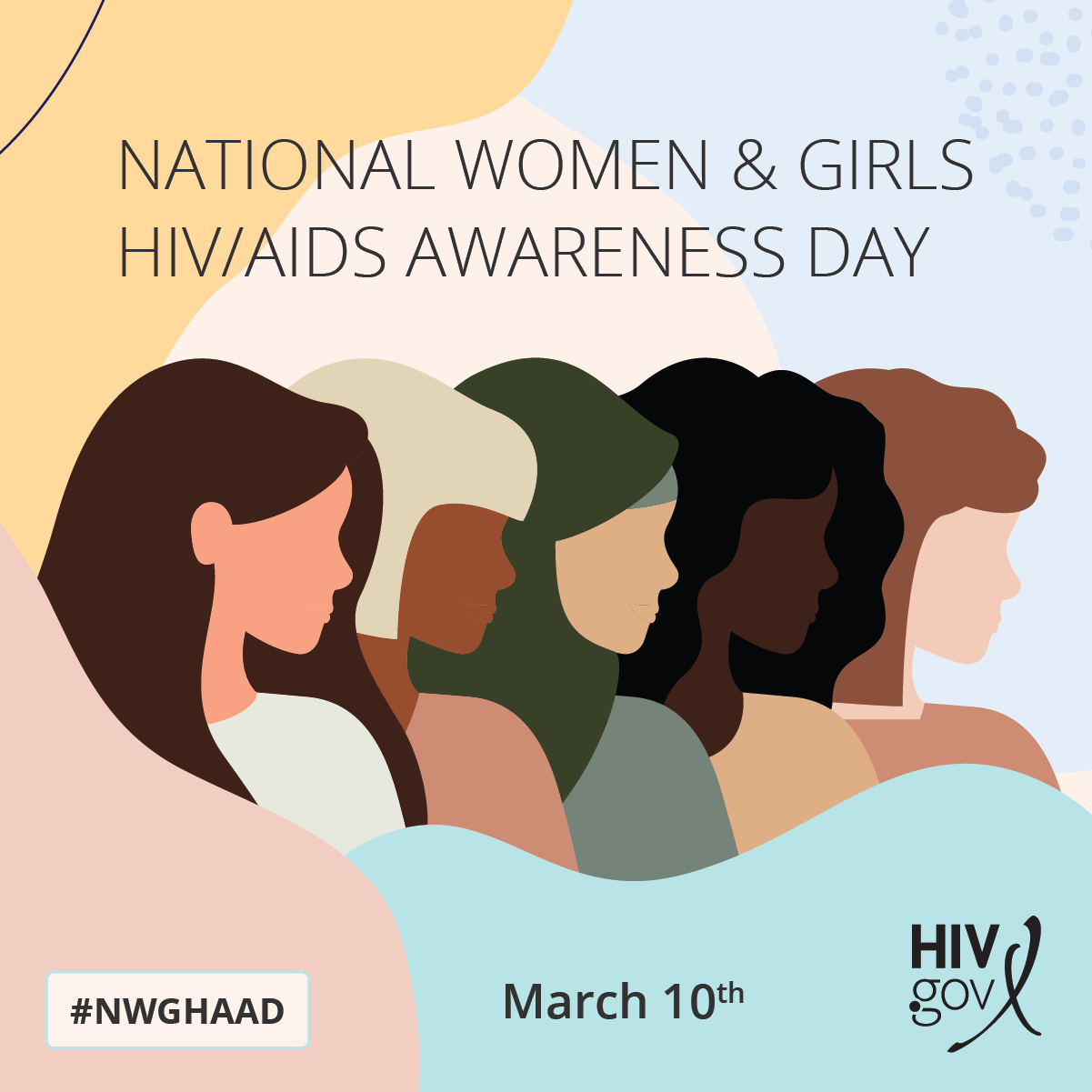On March 10, CHIPTS will honor Women and Girls HIV/AIDS Awareness Day (NWGHAAD), a day dedicated to highlighting the impact of HIV on women and girls and showing our support for those living with HIV. In honor of NWGHAAD, CHIPTS Community Advisory Board member and recently appointed Presidential Advisory Council on HIV/AIDS (PACHA) member Natalie Sanchez, MPH, shares a reflection on the impact of HIV among women and girls and her work to uplift and address their needs.
March 10th marks Women and Girls HIV/AIDS Awareness Day, a critical reminder of the ongoing battle against HIV/AIDS among women. The Centers for Disease Control and Prevention (CDC) reported that in 2021, women accounted for 18% of new HIV diagnoses in the United States. Specifically, Los Angeles County witnessed 162 new HIV infections among women that year. HIV was primarily transmitted through heterosexual contact (67%), though injection drug use was the transmission route for 33% of new infections — an alarming trend on the rise.
One of the foremost barriers in combating HIV among cisgender women is that HIV prevention and treatment strategies largely target cisgender men and transgender women. This fosters a dangerous misconception, both within the healthcare system and among cisgender women, that HIV does not concern women’s health. Such misunderstandings significantly heighten women’s vulnerability to HIV. Compounded with cultural norms, gender roles, stigma, and discrimination, women and girls are often discouraged from undergoing HIV testing or seeking PrEP for HIV prevention.
As Director of the UCLA Los Angeles Family AIDS Network (LAFAN), my aim has been to cultivate a supportive community for women living with HIV, ensuring they never feel isolated. We strive to create an environment that bolsters self-worth and encourages women to acknowledge and prioritize their health, including consistent HIV medical care. We also create space for family events, understanding that a first step for engaging women often requires engaging the family. We work with them to ensure they know that there is space for family, but just as important, that there is space for themselves. Tackling gender health disparities necessitates confronting the root social and economic inequalities. Only through such holistic approaches can we aspire to make substantial strides in the HIV fight for all impacted groups.
Our innovative bilingual docuseries podcast, Confessions: HIV+ Women, is a testament to these efforts. Developed in partnership with the LA Women’s HIV Task Force and Women Together, the podcast aims to amplify the voices and stories of women living with HIV, enhancing their visibility both online and publicly. Launched on National Latinx HIV/AIDS Awareness Day in 2023, it serves as a potent tool for cultural engagement by sharing Latina women’s experiences, covering topics like shame, stigma, and resilience. The podcast has offered participants a transformative experience —helping them evolve from feeling weighed down by their diagnosis to embracing a new, empowered identity.
In recognition of National Women and Girls HIV/AIDS Awareness Day, we are excited to announce the release of Season 2 of the Confessions podcast, which will spotlight the stories of Black women with HIV. This is crucial, as Black/African American women face a disproportionately high risk of dying from HIV infection compared to their white counterparts. The podcast also addresses the impacts of racism, discrimination, and mistrust in the healthcare system.
Traditional support groups have been a cornerstone of UCLA LAFAN for providing social and emotional support to women living with HIV. However, barriers such as group availability, transportation, confidentiality concerns, and stigma prevent many from accessing these resources. Our podcast offers an alternative support mechanism, fostering empowerment and connection among women and ensuring they never feel alone. We are committed to expanding our efforts in engaging women and girls in HIV prevention and treatment, continually seeking innovative ways to support and uplift them.

